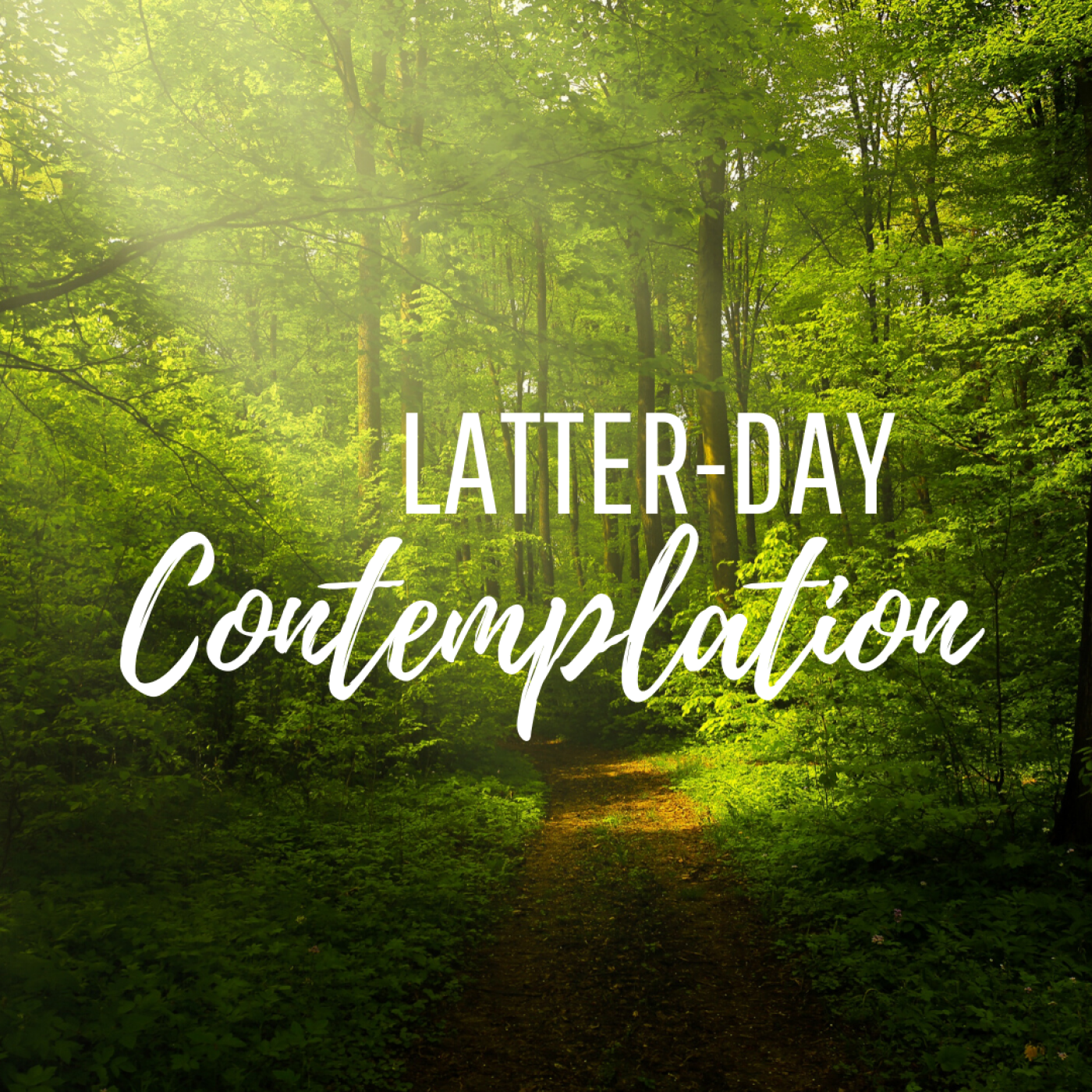In this episode, Christopher and Riley discuss one of their favorite religious texts, an excerpt from the Mahabharata, called the Bhagavad Gita. This seminal Hindu work introduces the various forms of Yoga as an allegorical discourse between the warrior prince, Arjuna, and the reincarnated God, Krishna. Contrary to the Western understanding of Yoga, this has less to do with stretching muscles and more to do with stretching the soul. Christopher and Riley share some favorite commonplaces from their reading and offer their interpretations as a starting point for those wanting to explore the beauty and great value of “the Gita.”

In this episode of Latter-day Contemplation, Christopher and Riley are joined by a friend of the program and Carl Jung fan, Morgan Aldous, to...

In this episode of Latter-day Contemplation, Christopher and Riley were joined by Jana Johnson Spangler to pay tribute to the life and legacy of...

Christopher, Riley, and guest, Jana Spangler, a seasoned faith transitions coach, talk about healthy ways of dealing with doubt, difficult questions, and supporting those...